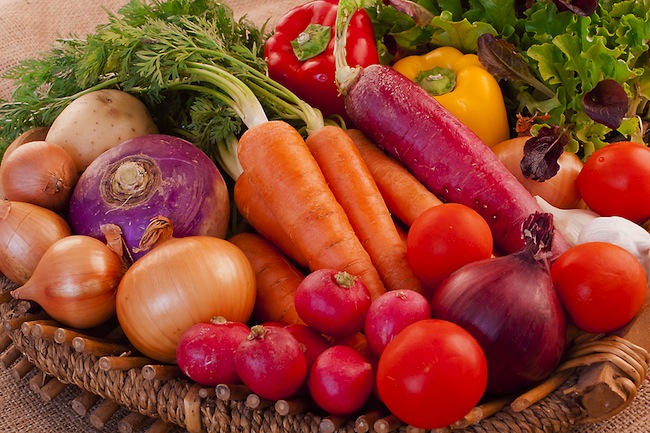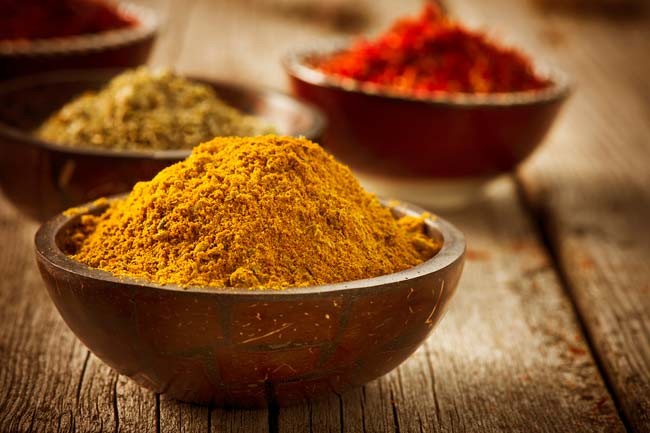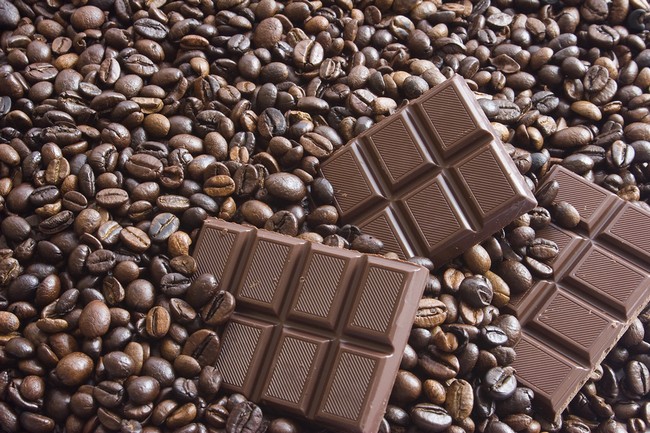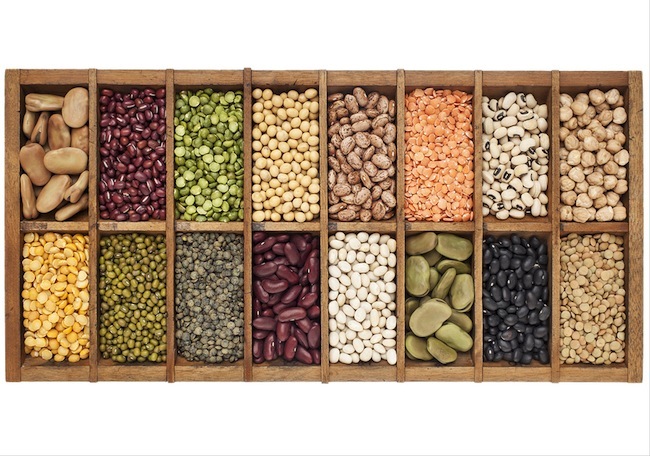- Make It Yourself Lavender Heart-Shaped Bath Bombs!
- 20 Things You Never Knew About “Down There”
- 12 Best Foods For Those Suffering From Arthritis Pain
- 12 Personal Hygiene Mistakes Almost Everyone Makes (Mom Never Told You About #4!)
- 15 Medicinal Plants And Herbs From The Cherokee People
- 12 Mind-Blowing Benefits Of Drinking Coconut Water During Pregnancy
- 12 Outstanding Winter Foods That Won’t Fatten You Up Like A Christmas Turkey
Top 12 Foods that Reduce the Risk of Alzheimer’s

Photo credit: bigstock
Alzheimer’s and dementia isn’t a joke and it certainly isn’t a required part of aging like grey hair and wrinkles. There are many things you can do to prevent this disease and keep your noggin in tip top shape such as exercise, both physical and mental, and eating right. Alzheimer’s and dementia are two of the most terrible diseases of our time. Research has shown, however, that they can be prevented through diet modification. The kinds of foods you eat can have a tremendous impact on the health of your brain.
Here is a list of the top 12 foods that are good for your grey matter.
1. Nuts
Be sure to include peanuts, cashews, almonds, walnuts, pecans, and hazelnuts in your diet as all contain an important B vitamin, magnesium, omega-3 and omega-6 fatty acids that help keep your brain in top working order.

Photo credit: bigstock
2. Squash, Pumpkin, Carrots, Tomatoes, Beets, and Asparagus
Be certain not to overcook these vegetables as it removes most of healthy vitamins and minerals like iron, folate, and vitamin A that are important to brain function.

Photo credit: bigstock
3. Cinnamon, Sage, Turmeric, and Cumin
All these spices have been found to break down the plaque buildup in the brain that can lead to Alzheimer’s. Sage also has anti-inflammatory and antioxidant abilities. Cinnamon is known to improve cognition. Cumin is full of phosphatidylethanolamine, which is important in regeneration of your brain cells. Curcumin, which is what gives turmeric its yellow color, is a strong anti-oxidizing enzyme. Read more about this secret spice that can add years to your life.

Photo credit: bigstock
4. Berries
Antioxidants are like spring cleaning to your brain. Berries contain polyphenols, a potent type of anti-oxidant which allows your brain cells to work better by stopping inflammation. If the fruit has the word berry in it, strawberries, cranberries, blueberries, boysenberries, you simply can’t go wrong. Choose organic berries as non-organic strawberries are included in the list of foods you should avoid.

Photo credit: bigstock
5. Coffee
Two studies done from the University of South Florida and the University of Miami found that for those 65 years of age or older who drank 3 cups of coffee a day delayed the onset of Alzheimer’s by 2 to 4 years. It’s the caffeine in coffee that seems to work, it even has a positive effect on older folks who are already showing the early signs of Alzheimer’s.

Photo credit: bigstock
6. Dark Chocolate
Make the switch from milk chocolate to dark chocolate. There is convincing research that shows a component in dark chocolate can both combat heart disease and slow the effects of dementia. Find out 15 facts about chocolate.

Photo credit: bigstock
7. Green Leafy Vegetables
Take a word of advice from Popeye and eat your spinach. And kale, collard greens and mustard greens while you are at it! The folic acid in these leafy greens can improve cognitive functions.
8. Crunchy Greens
Beside leafy greens you should eat crunchy, green vegetables such as broccoli, Brussels sprouts, cauliflower, and bok choy. These, too, have folates and carotenes that decrease the amino acids that have been shown to weaken cognition.

Photo credit: bigstock
9. Omega-3 Fatty Acids
Omega-3 fatty acids are great for maintaining brain function. The best sources of these are by eating olive oil, flax seed oil, and fish. Of course you can always use omega-3 supplements as they as sold almost everywhere.

Photo credit: bigstock
10. Pumpkin and Sunflower Seeds
Unsalted pumpkin and sunflower seeds have vitamin E, zinc, along with healthy fats that keep up your brains cognitive health.

Photo credit: bigstock
11. Beans and Legumes
Beans have choline, which increases neurotransmitters in the brain and maintain the action potential in your brain cells.

Photo credit: bigstock
12. Gluten Free Oats, Kammut, and Quinoa
All of these whole grains are complex carbohydrates which are a major source of energy for the brain.
Sources:

































